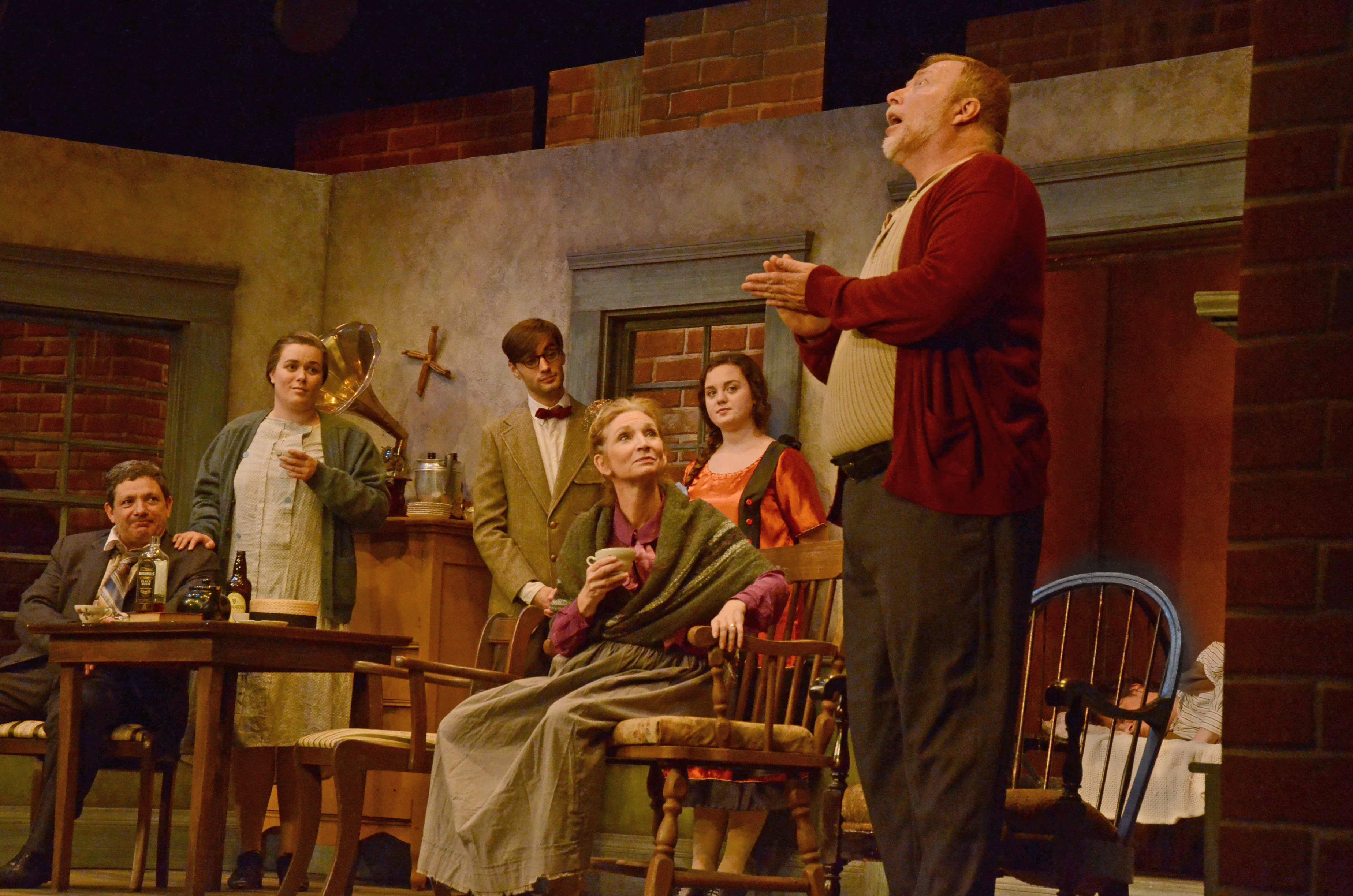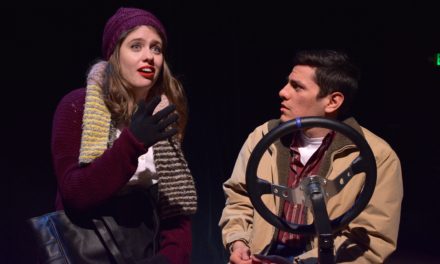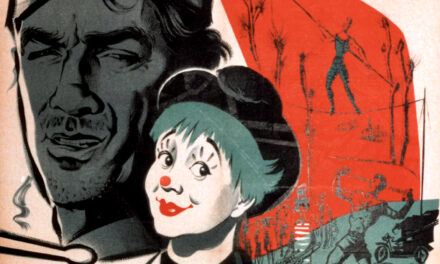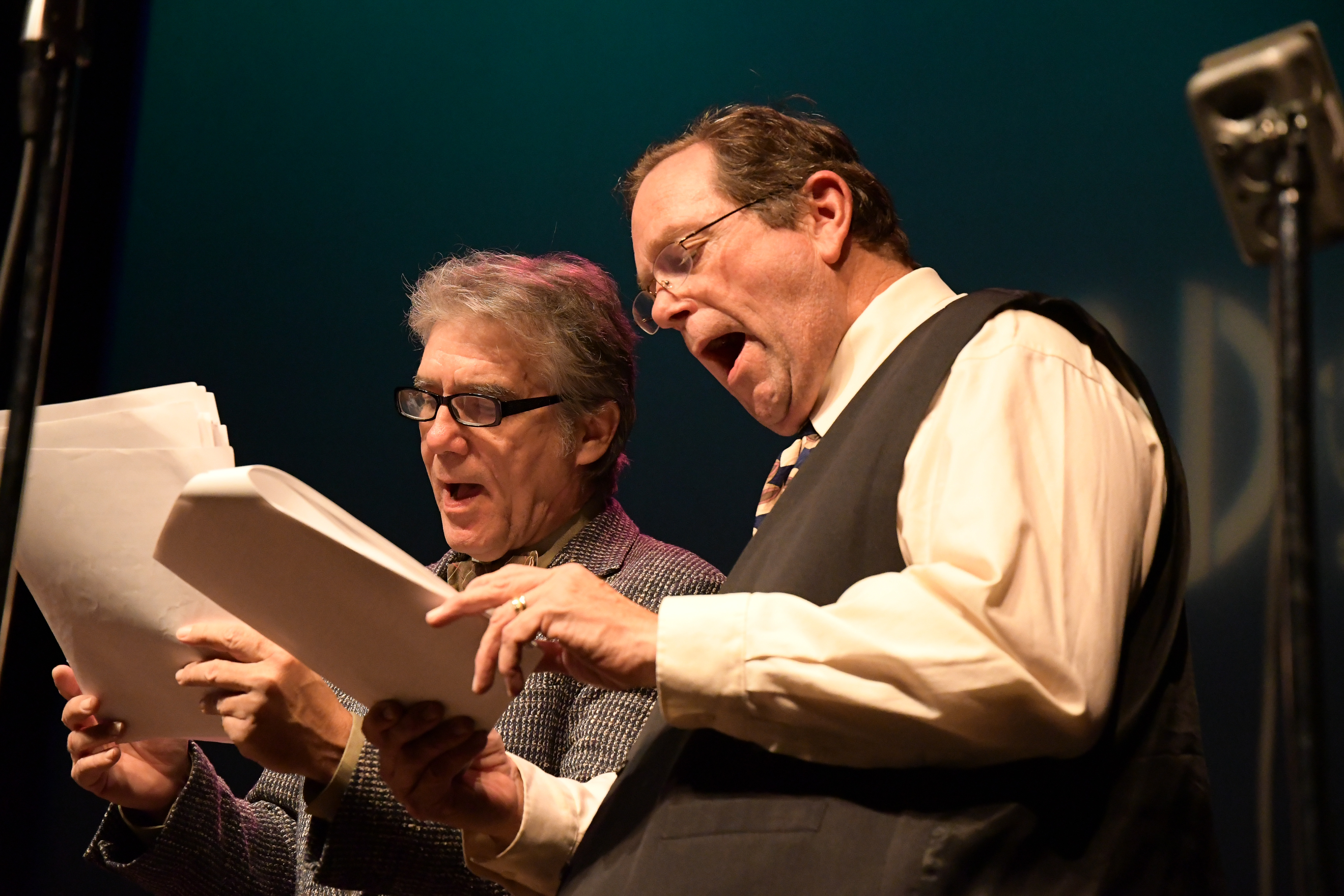by Randi Bjornstad
It’s probably not common to find “boisterous comedy, wrenching tragedy and blistering commentary” packed into one play, but that’s exactly how the New York Times described “Juno and the Paycock” when the show opened on Broadway at the John Golden Theatre in 1988.
The play now is the inaugural production of the Very Little Theatre’s 88th season, running weekends through Oct. 22.
It’s actually a very old play, set in the turbulent early 1920s in the tenements of Dublin, Ireland, and first produced at the Abbey Theatre there in March 1924, with 12 performances in as many days.
That was the era when Northern Ireland was carved off from the Irish Free State to become part of Great Britain, and the plot revolves around Juno, the matriarch of the Boyle family as she tries to keep her children safe and her husband, Jack, sober against the tensions and troubles of the times when politics often divided families against themselves.
Michael Walker, who directs and also designed the “Juno” set, acknowledges that the travails of early 20th-century Ireland might be a stretch for modern audiences except that playwright Sean O’Casey had the capability to blend “the tragic with the comic — both high and low.”
“He artfully weaves his particularly Irish sense of humor so thoroughly into the fabric of the play that the loosening of one thread would threaten the integrity of the whole,” Walker said.
Incidentally, the meaning of “paycock” stems from the Irish pronunciation of “peacock.” In this play, it refers to the character of Jack Boyle, bestowed upon him by his wife for his vanity and distinctive strut as well as his apparent for disdain for to contribute to the supporting of his family. That role is left to her while he drinks whiskey and discusses politics with friends at the neighborhood pub.
The couple has a son, Johnny, who became disabled while fighting in the Irish civil war and eventually betrays a fellow member of the Irish Republican Army.
They also have a daughter, Mary, who leaves her boyfriend Jerry for Charlie, a young man who has announced to the family that Jack Boyle has come into an inheritance.
The “paycock” doesn’t wait for the money but spends it in advance on furniture, clothing and other luxuries, before finding out that Charlie has mishandled the filing of the will and the inheritance will not be forthcoming. Charlie disappears, but not before Mary becomes pregnant. Jerry still loves Mary and wants to reunite until he finds out she is carrying another man’s baby.
Not surprisingly, Juno finds it impossible singlehandedly to keep her family from unraveling.
O’Casey knew the times, places and people he was writing about. He was born into a lower middle-class Protestant family in Dublin in 1880. When he was 6 years old, his father died, plunging the family into even greater poverty. As a young man, he became involved in the Irish nationalist movement but later became disillusioned and turned politically to socialism and to playwriting as a vocation.
In 1926, he went to England, where he met and married actress Eileen Carey Reynolds and lived the rest of his life in England until his death in 1964.
In addition to “Juno and the Paycock,” O’Casey’s other best-known plays are “The Shadow of a Gunman” and “The Plough and the Stars.”
The Very Little Theatre’s production features Chris Pinto as Jack Boyle and Katelyn Lewis as Juno. Other cast members include Adrian Lawler, Aimee Hamilton, Donovan Werts, Pamela Lehan-Siegel, Jon Lowery, Jody Gierke, Tommy Schreiner, Karl Kloeb, Denny Hamilton, Marc Rogge, Brendan Steele, Samson Vanderpool, Ian Anderson and Christina Scott.
Remaining performances are at 7:30 p.m. Oct. 13-15 and 20-22, with a Sunday matinee at 2 p.m. on Oct. 16.
Tickets are $19 for adults and $15 for senior citizens and students; all tickets are $15 for Thursday shows. Tickets are available at the box office at 2350 Hilyard St. from 2 p.m. to 6 p.m. Wednesday through Saturday, 541-344-7751, or online at TheVLT.com.
Photo credit: John Bauguess








